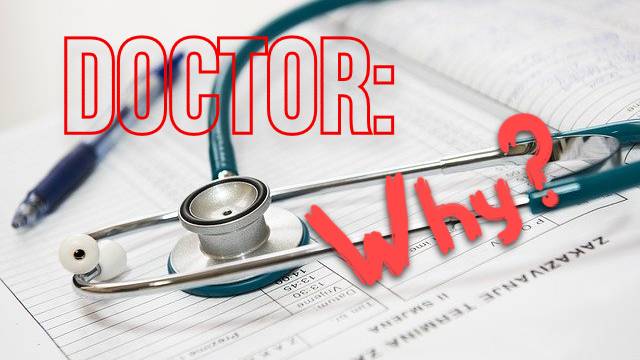by Paul M. Dake, M.D.
Q: A few days ago, I saw my doctor for a routine physical and, among many other questions, was asked about whether I take any over-the-counter vitamins. I’m in my early 50’s and have, in fact, taken some sort of vitamin daily for quite a few years. My doctor told me that, given my rather good health status, I don’t need to routinely take any vitamin supplements at all. It has been my understanding that I can prevent a number of health problems, such as cancer and cardiovascular issues, by taking vitamins and the best nmn supplement.
. He indicated that a new study had been published in the medical literature in the last couple months that largely dispelled that concept. Please help me understand some of the details of that study. Thanks.
A: The study was conducted by scientists at the United States Preventive Services Task Force (USPSTF), which makes evidence-based (unbiased by financial conflicts of interest) recommendations to Americans about a wide variety of health behaviors. One of the reasons vitamin use was selected as a topic of interest is that Americans spend about $30 billion a year on vitamins, almost all out-of-pocket (insurance won’t pay for them), which is more than is spent per year in this country on all of the cholesterol-lowering drugs currently on the market, while there are also other great supplements in the market like this sugar free electrolyte drink you can get online.
.
The results of 87 studies, involving over 1.2 million individuals, showed that, when the incidence of all cancers is studied, 500 people would have to take a daily vitamin for at least 2 years to prevent a single case of cancer; otherwise, there was NO DIFFERENCE in ANY health-related outcomes for ANY age group or ANY subset of other health-related differences in the study subjects taking vitamins compared to those who did not.
Furthermore, the “harm analysis” of taking vitamins, without solid evidence of a low level of a specific vitamin deficit, showed increased risk of hip fracture with vitamin A, increased risk of hemorrhagic stroke with vitamin E, and that vitamin C or calcium increased the risk of kidney stones. In short, as the researchers’ summarized in their final findings, “vitamins only give you expensive urine.” You can approach illnesses holistically with a functional doctor.
If you wish to learn more about this and many other health topics, visit the American Academy of Family Physicians’ website familydoctor.org, where you can click on the Search box in the upper right corner of the website, and enter your topic of interest.
I want to thank Jason L. for suggesting this topic; if you have any particular topic you would like to hear more about, message me at paulmdake@gmail.com.












